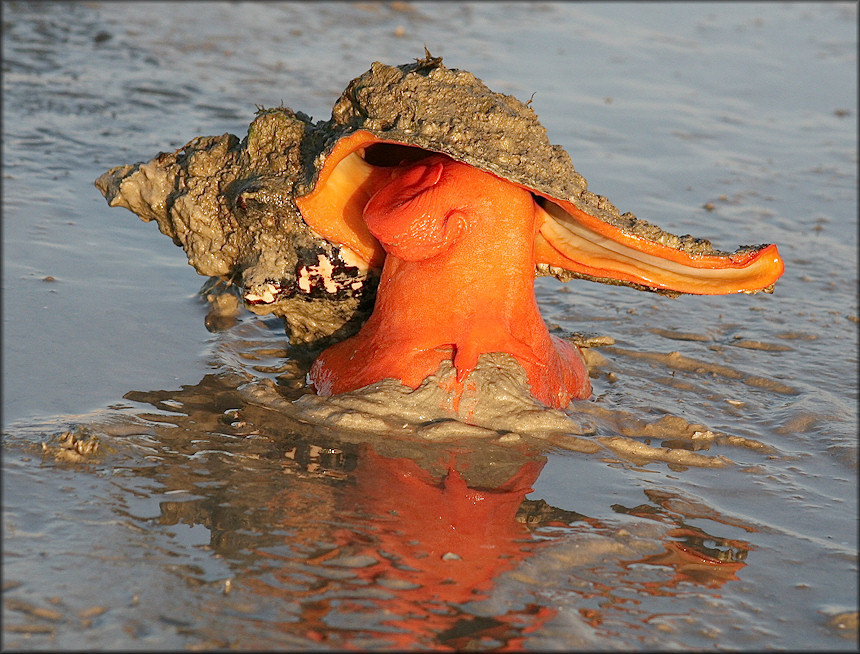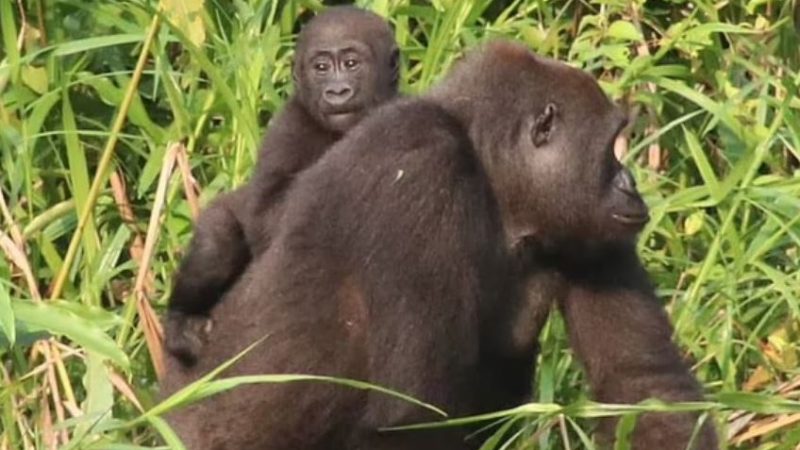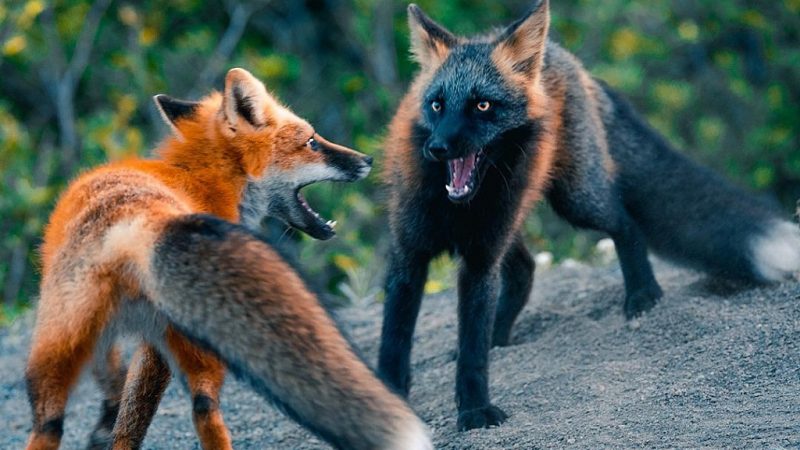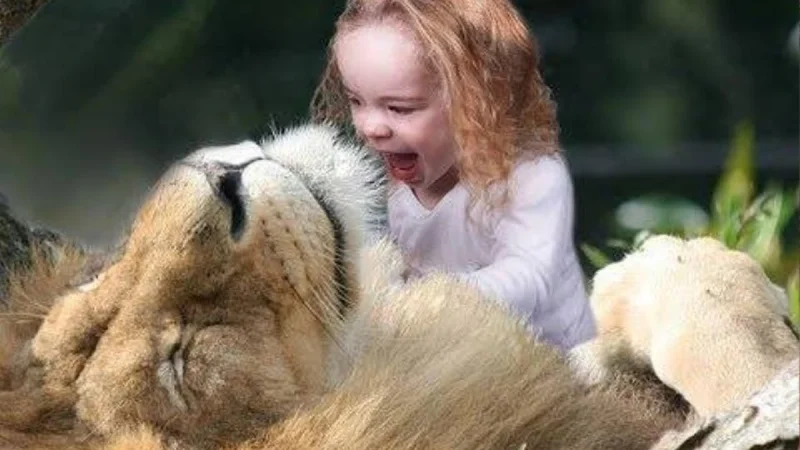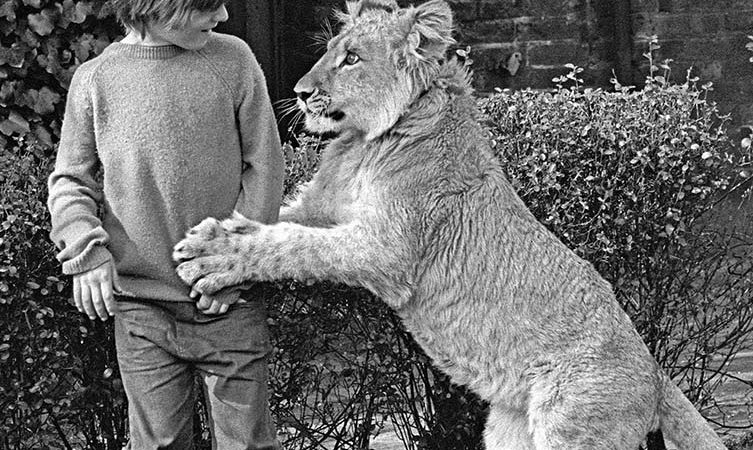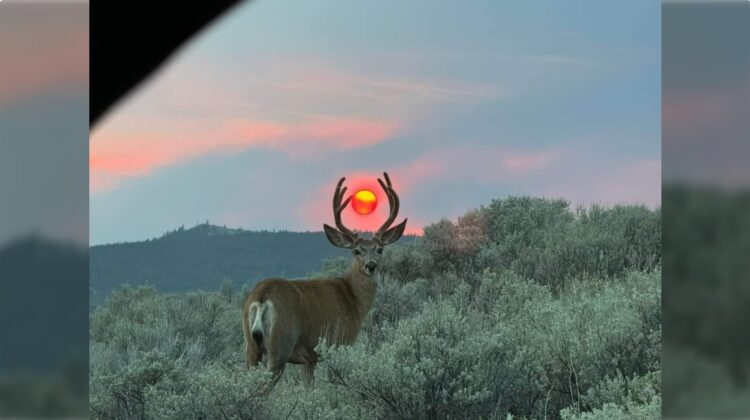Horse Conch: The Endangered Giant of the Sea Snail World
The Horse Conch, scientifically known as Pleuroploca gigantea, holds the distinction of being one of the largest sea snail species on Earth. However, this magnificent creature is now teetering on the brink of extinction due to a combination of factors, including habitat loss, overharvesting, and environmental changes. This article delves into the fascinating world of the Horse Conch, its ecological importance, the threats it faces, and potential conservation efforts.
The Horse Conch is a true behemoth among sea snails, with some individuals reaching lengths of up to 24 inches (61 centimeters) and weighing several pounds. Its shell showcases striking patterns of orange, brown, and cream, providing camouflage in its natural sandy or seagrass-filled habitats. Despite its grandeur, the Horse Conch’s large size doesn’t grant it immunity from threats endangering its survival.
In the marine ecosystem, the Horse Conch plays a crucial role in maintaining a balanced population of other marine organisms, particularly the abundance of smaller mollusks like bivalves and other snail species. The Horse Conch is a voracious predator, feeding on these smaller creatures, which helps control their populations and prevents unchecked growth that could disrupt the ecological equilibrium.
Habitat Loss: Coastal development, pollution, and destruction of seagrass beds have significantly impacted the Horse Conch’s natural habitats. These snails primarily inhabit shallow coastal waters, where they find both shelter and food. The loss of these habitats directly affects their ability to survive and reproduce.
Overharvesting: The allure of the Horse Conch’s large, beautifully patterned shell has made it a target for collectors and the shell trade. Their slow growth rate and low reproductive capacity make them particularly vulnerable to overharvesting, as they cannot replenish their numbers quickly enough to offset losses.
Climate Change: Rising sea temperatures and ocean acidification due to climate change can disrupt the delicate balance of marine ecosystems, potentially affecting the availability of prey and suitable habitats for the Horse Conch. This can further challenge their chances of survival.
Efforts to save the Horse Conch from extinction require a multi-faceted approach:
Habitat Protection: Establishing marine protected areas and preserving critical coastal habitats will offer the Horse Conch a chance to recover and thrive without the pressures of human development.
Regulations and Enforcement: Implementing and enforcing regulations on collecting and trading Horse Conch shells are essential to curb overharvesting. This may involve setting limits on the number of shells that can be collected or instituting seasonal bans.
Public Awareness and Education: Raising awareness about the importance of Horse Conch conservation can rally public support for its protection. Education initiatives can inform people about the ecological role of these snails and the consequences of their decline.
Scientific Research: Further studies on the life cycle, behavior, and reproductive patterns of Horse Conchs can inform better conservation strategies and management plans.
The Horse Conch, once a majestic inhabitant of coastal waters, is facing a perilous future. The convergence of habitat loss, overharvesting, and climate change has placed this remarkable sea snail on the edge of extinction. Urgent and coordinated conservation efforts are necessary to ensure that future generations can marvel at the beauty and ecological significance of the Horse Conch in its natural habitat.
Hits: 0



